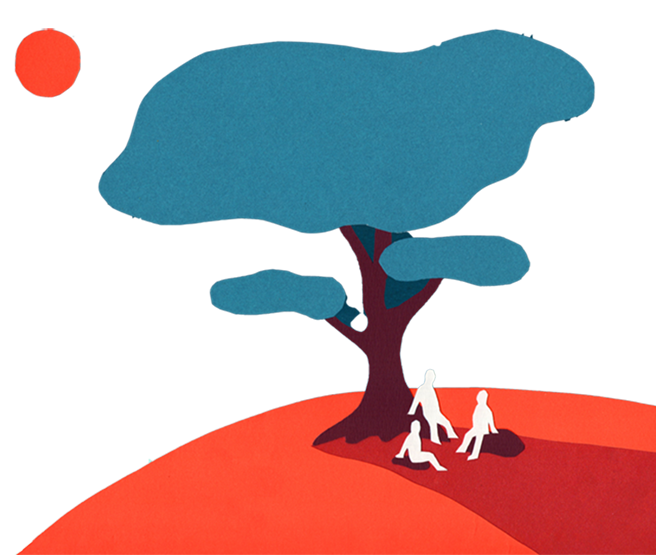The International Centre for the Study of Giftedness (ICBF) organised in cooperation with the universities of Münster, Nijmegen and Osnabrück its seventh ‘Bildungskongress‘. They invited me to give an evening lecture and because of all the uncertainties related to the COVID pandemic this lecture was pre-recorded and streamed. An entirely new way to contribute to and participate in a conference – just sitting at home seeing myself talk on the screen of my laptop.
One advantage: because it was pre-recorded, the lecture can be posted on my website and can be viewed afterwards, by anyone.
In the lecture I try to explain why we should consider it somewhat strange that one of the UN’s sustainable development goals is to promote lifelong learning. Because of a series of implausible theories, I argue, we came to believe that learning is supposed to happen in schools. Therefore we came to believe that lifelong learning needs educational institutions that enable people of any age to continue learning.
These theories are:
(1) the dubious distinction between biologically primary and secondary knowledge assumed in certain strands of evolutionary educational psychology;
(2) the dubious division in human life between a phase for learning and a phase of living defended in certain strands of biological anthropology;
(3) cognitivism, the dubious theory of cognition that assumes our mind/brain is an information processing device much like a digital computer;
(4) the idea that learning is a matter of knowledge acquisition, and the related idea that there are distinct levels of mastery;
(5) the danger of institutionalization that encourages us to turn means into ends;
(6) the medical model of education that supports the mistaken idea that the way in which professionals engage in educational interaction should be understood as intervening.
Disconfirming these theories allows us to understand the plausibility of the claim that it would be better to think of ourselves not as Homo sapiens but as Homo educandus, the species that can educate themselves, the species whose mode of existence is lifelong learning, whether or not this happens in schools. This insight gives us a way of making sense of the SDG that induced my argument: promoting lifelong learning is nothing but promoting human life itself, the life of Homo educandus.
